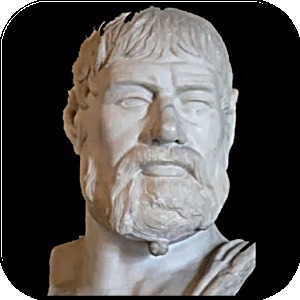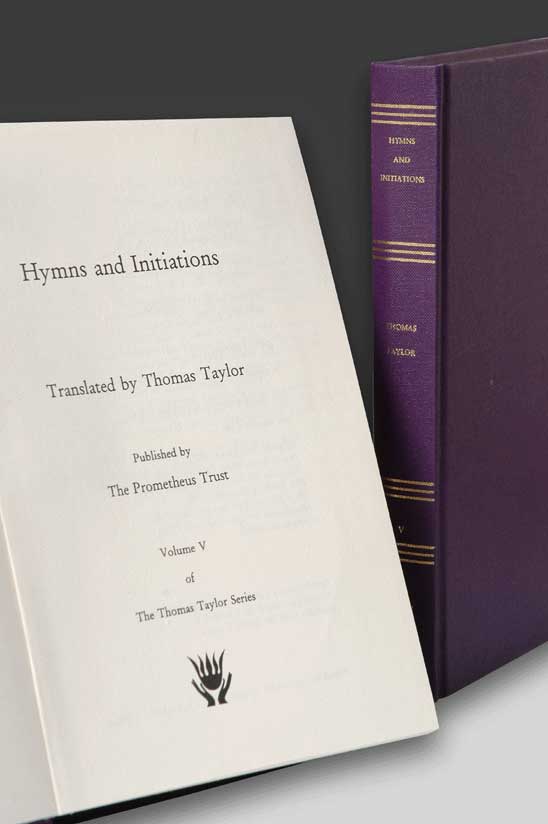
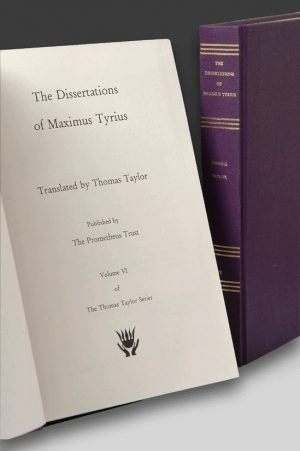
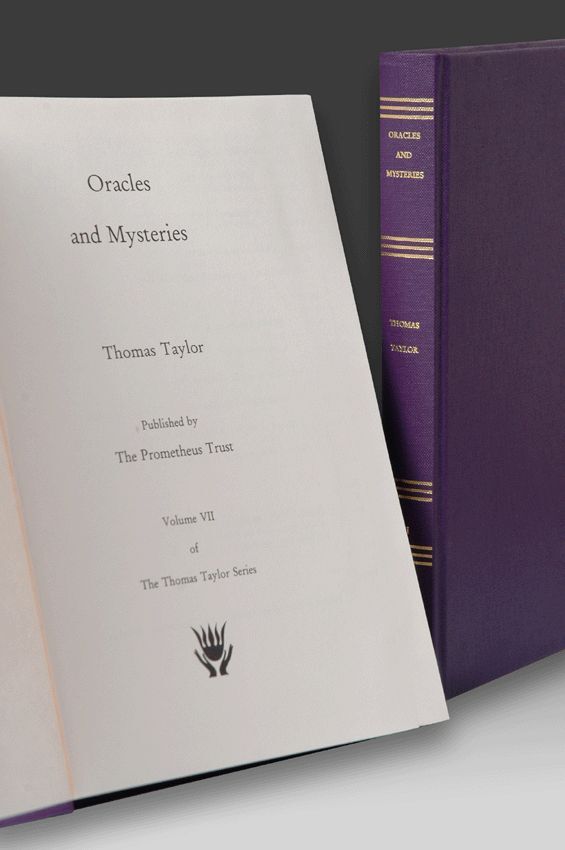
Books in series

Hymns and Initiations
1995

Dissertations of Maximus Tyrius
1804

Oracles and Mysteries
1994
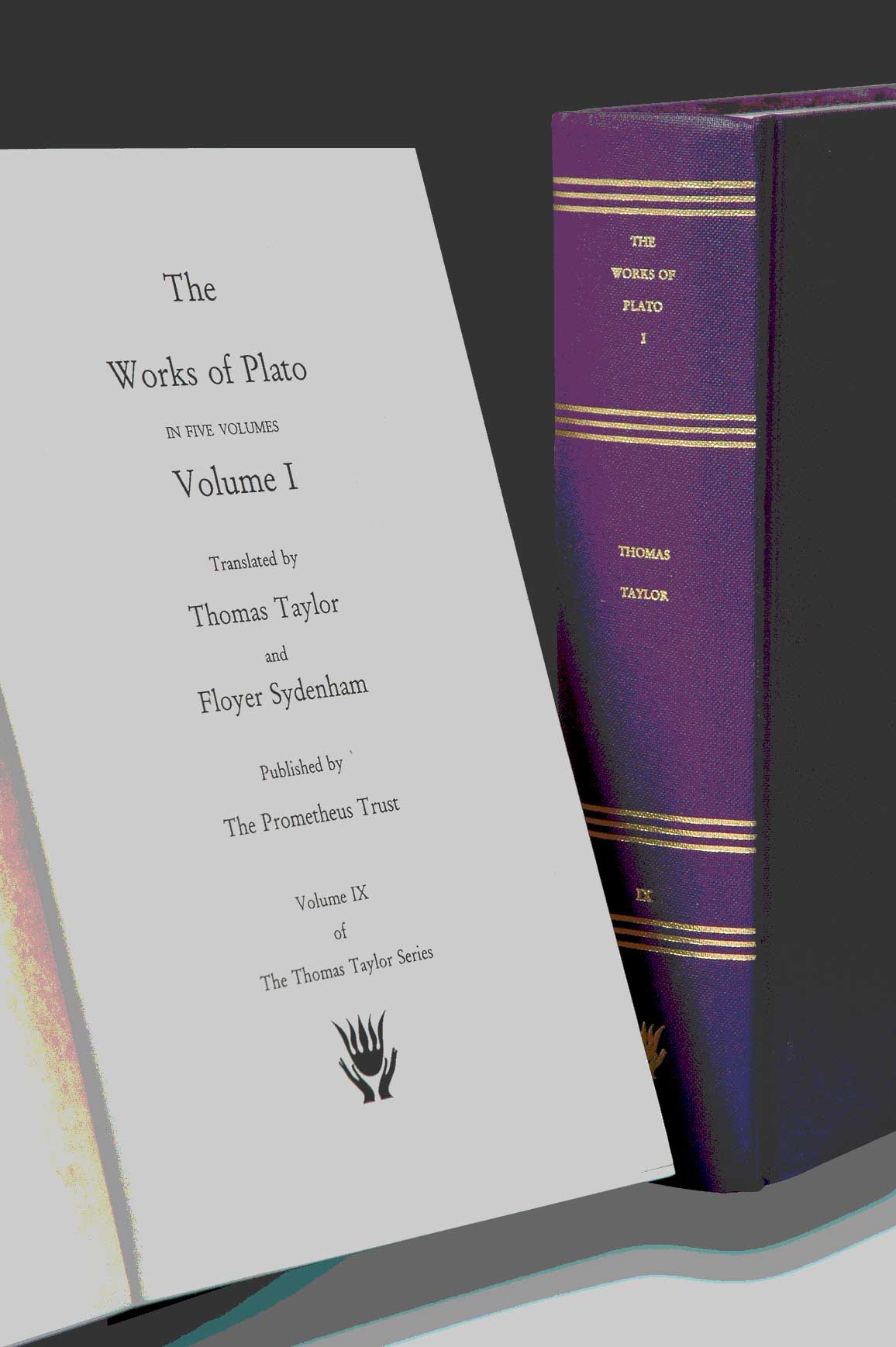
The Works of Plato, Vol. 1
1995
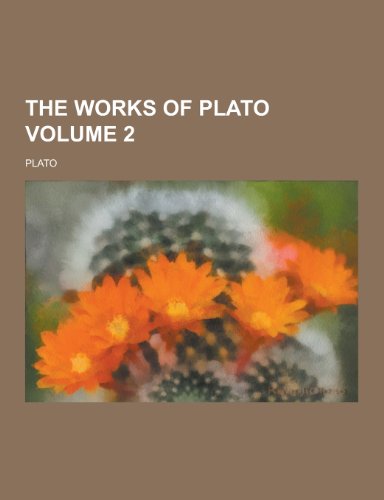
The Works of Plato, Vol. 2
2007
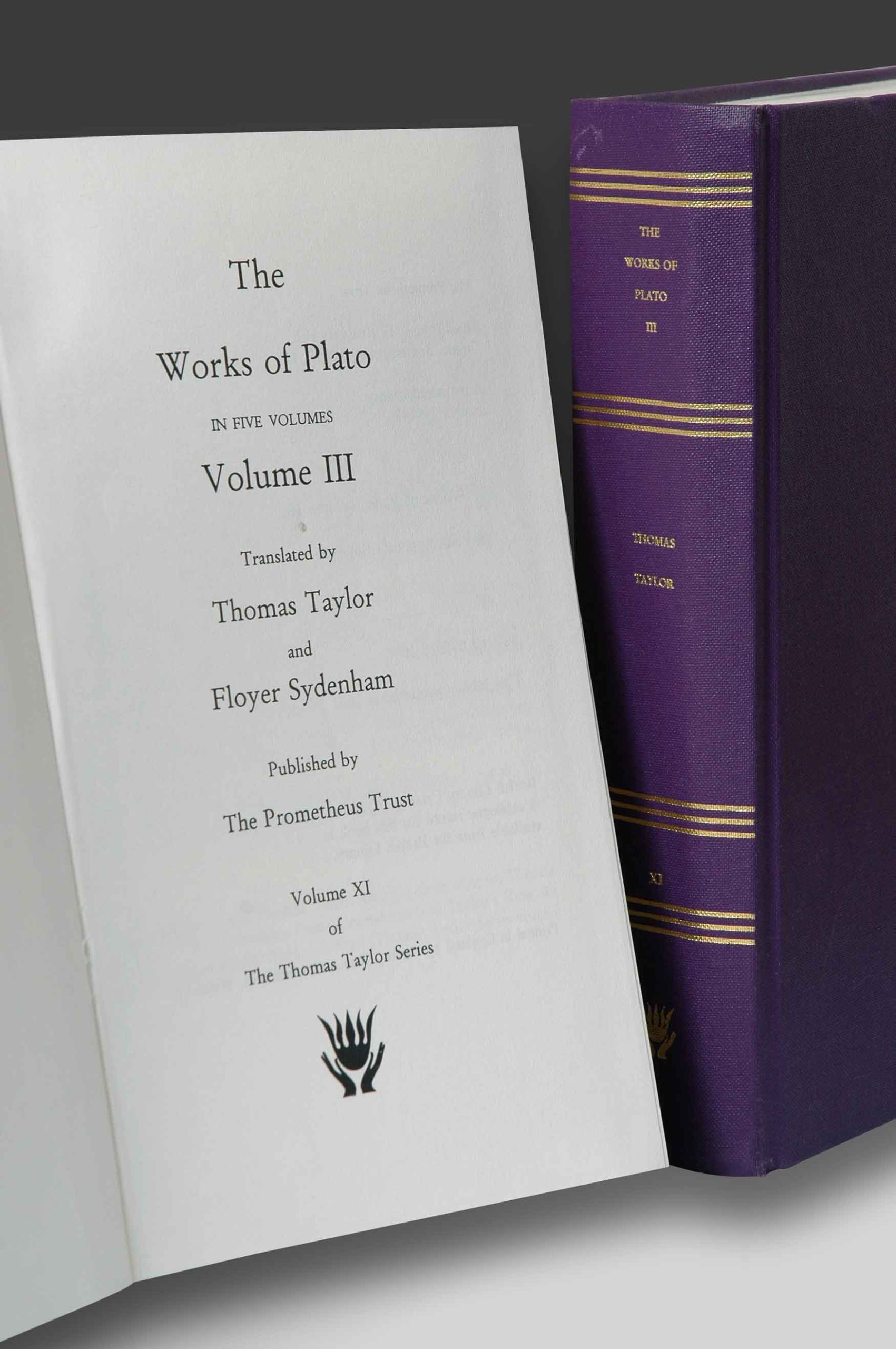
The Works of Plato, Vol. 3
2007
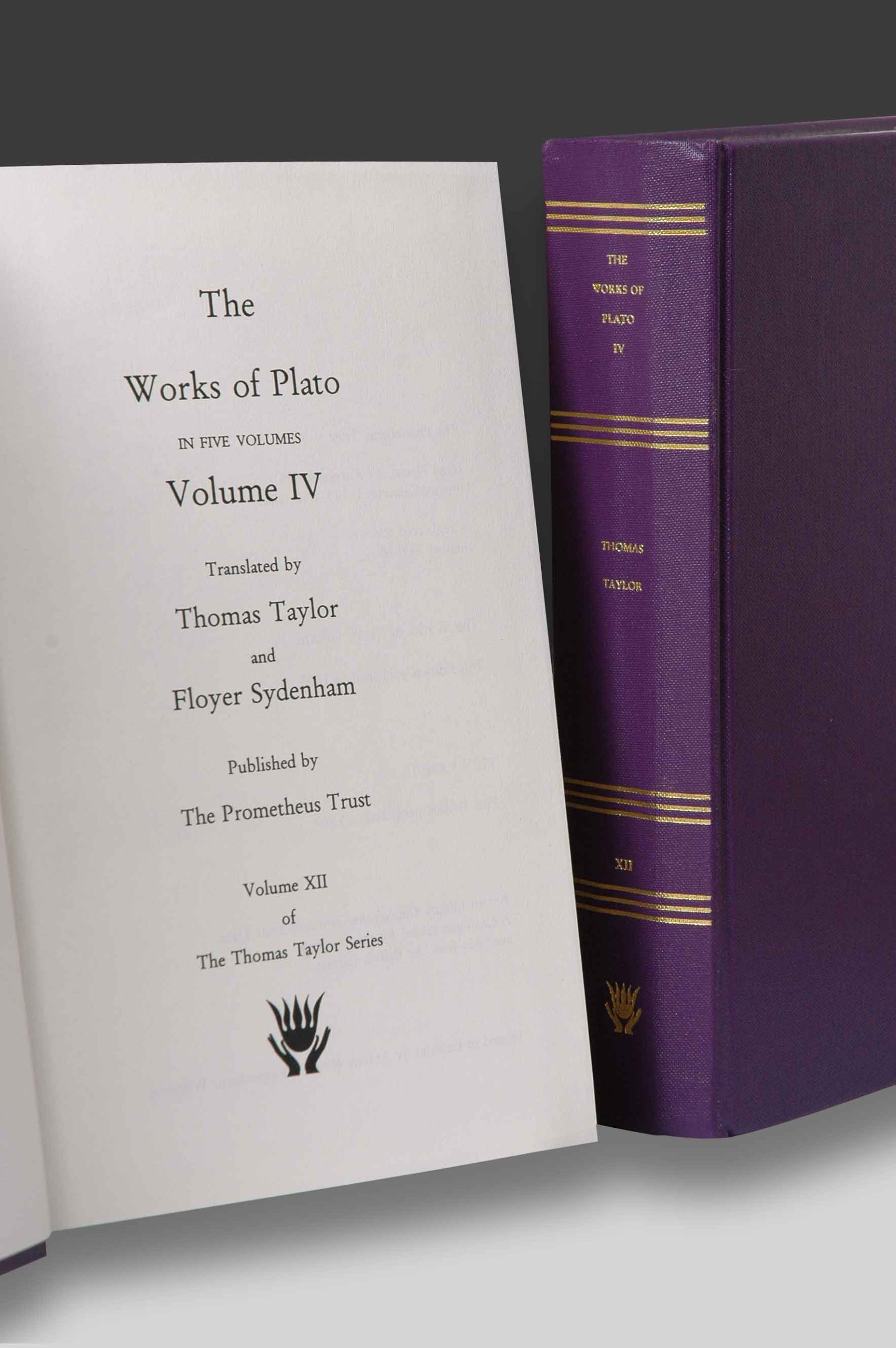
The Works of Plato, Vol 4
1995
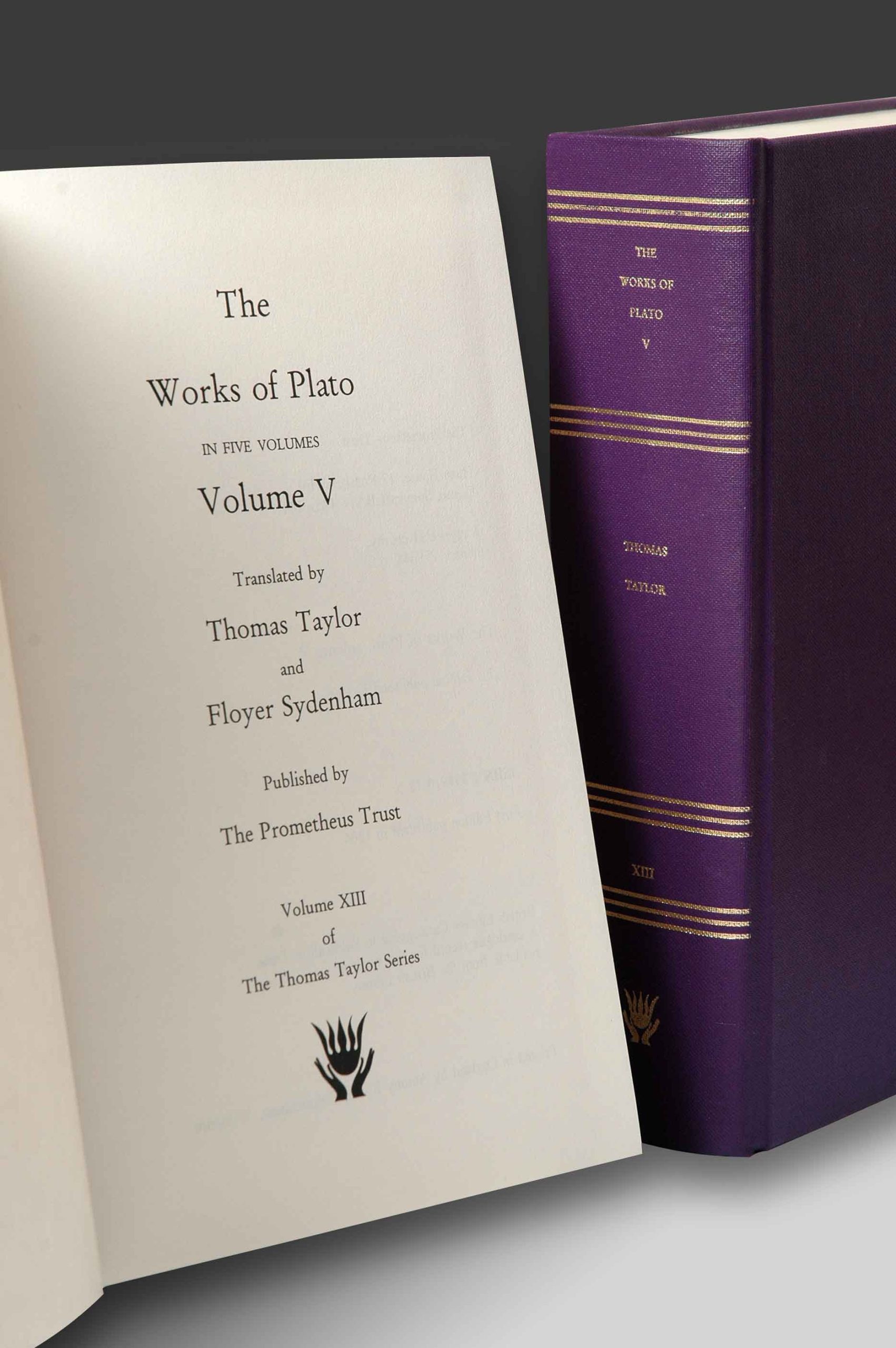
The Works of Plato, Vol. 5
2010
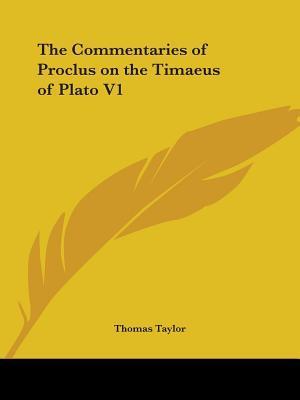
The Commentaries of Proclus on the Timaeus of Plato, Vol. 1
On the Socratic State and Atlantis
1993
On the Mysteries of the Egyptians, Chaldeans and Assyrians and Life of Pythagoras to Which Have Been Added Ethical and Political Fragments of Ancient Pythagorean Writers
1999
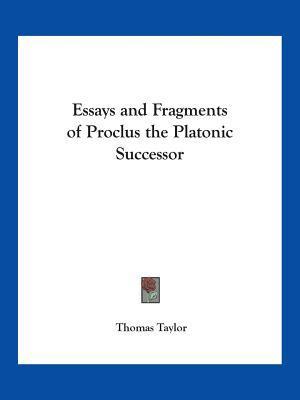
Essays and Fragments of Proclus the Platonic Successor
1988
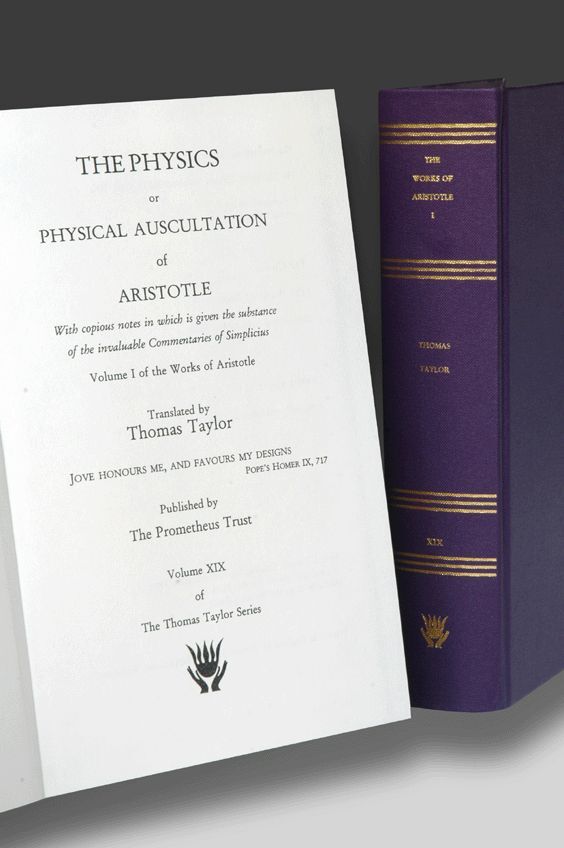
The Works of Aristotle, Vol. 1
2000
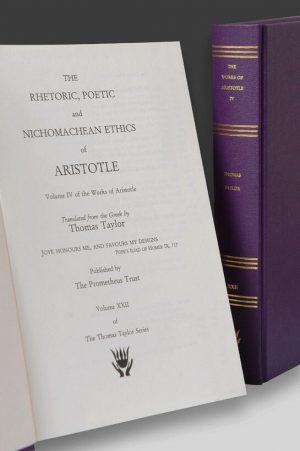
The Works of Aristotle, Vol. 4
2002
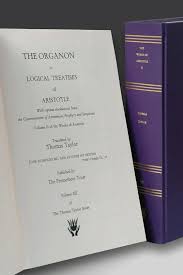
The Works of Aristotle, Vol. 5
2003
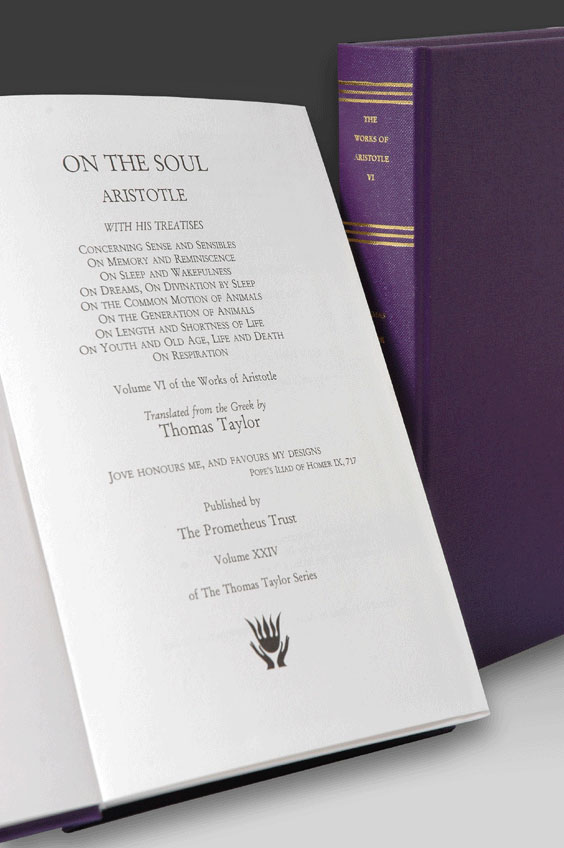
The Works of Aristotle, Vol. 6
2003

The Works of Aristotle, Vol. 7
On the Heavens
2025

History of Animals
2004
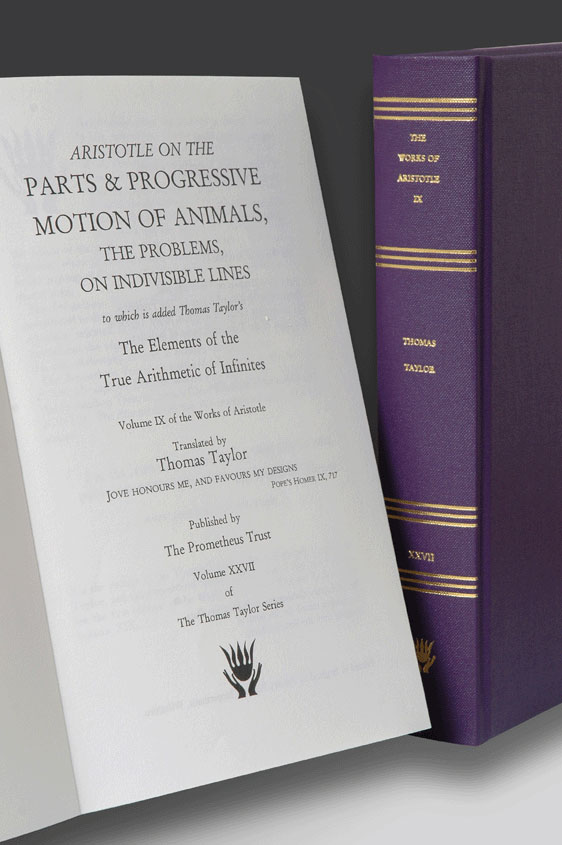
The Works of Aristotle, Vol. 9
2004
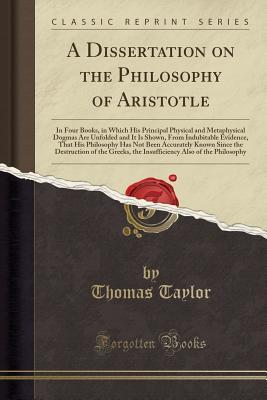
A Dissertation on the Philosophy of Aristotle, in Four Books
In Which His Principal, Physical and Metaphysical Dogmas Are Unfolded, and It Is Shown, ... Accurately Known Since the Destruction of the
2003
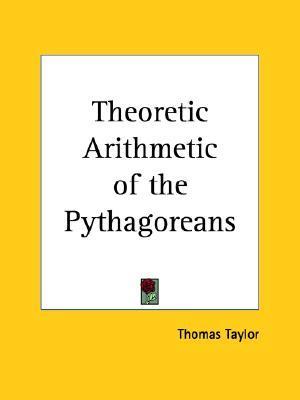
Theoretic Arithmetic of the Pythagoreans
1972
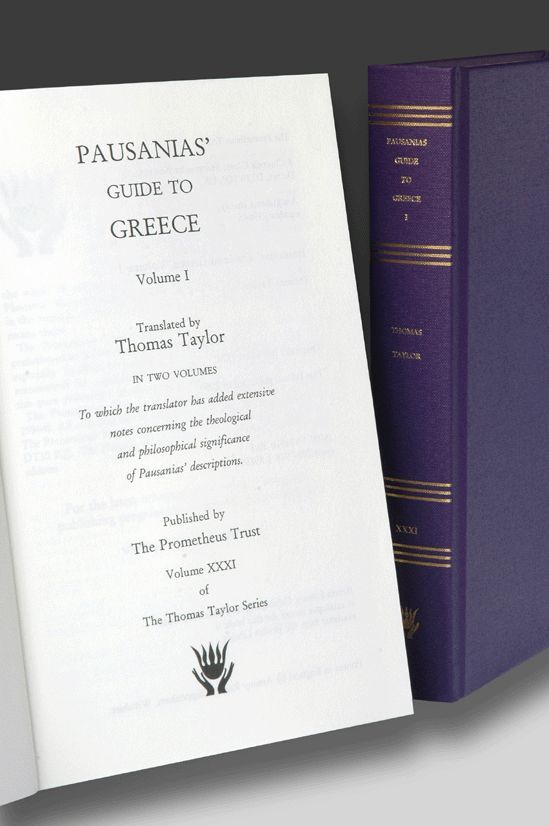
Pausanias' Guide to Greece, Vol. 1
180
Authors

384 BC–322 BC Greek philosopher Aristotle, a pupil of Plato and the tutor of Alexander the Great, authored works on ethics, natural sciences, politics, and poetics that profoundly influenced western thought; empirical observation precedes theory, and the syllogism bases logic, the essential method of rational inquiry in his system, which led him to see and to criticize metaphysical excesses. German religious philosopher Saint Albertus Magnus later sought to apply his methods to current scientific questions. Philosophy of Saint Thomas Aquinas, the most influential thinker of the medieval period, combined doctrine of Aristotle within a context of Christianity. Aristotle numbers among the greatest of all time. Almost peerless, he shaped centuries from late antiquity through the Renaissance, and people even today continue to study him with keen, non-antiquarian interest. This prodigious researcher and writer left a great body, perhaps numbering as many as two hundred treatises, from which 31 survive. His extant writings span a wide range of disciplines from mind through aesthetics and rhetoric and into such primary fields as biology; he excelled at detailed plant and animal taxonomy. In all these topics, he provided illumination, met with resistance, sparked debate, and generally stimulated the sustained interest of an abiding readership. Wide range and its remoteness in time defies easy encapsulation. The long history of interpretation and appropriation of texts and themes, spanning over two millennia within a variety of religious and secular traditions, rendered controversial even basic points of interpretation.
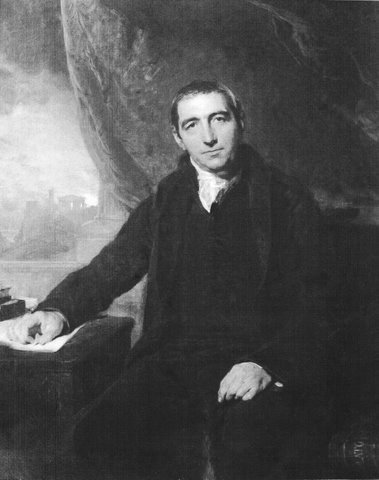
Librarian Note: There is more than one author with this name in the Goodreads database Thomas Taylor was an English translator and Neoplatonist, the first to translate into English the complete works of Aristotle and of Plato, as well as the Orphic fragments. He published prolifically for over 50 years.

